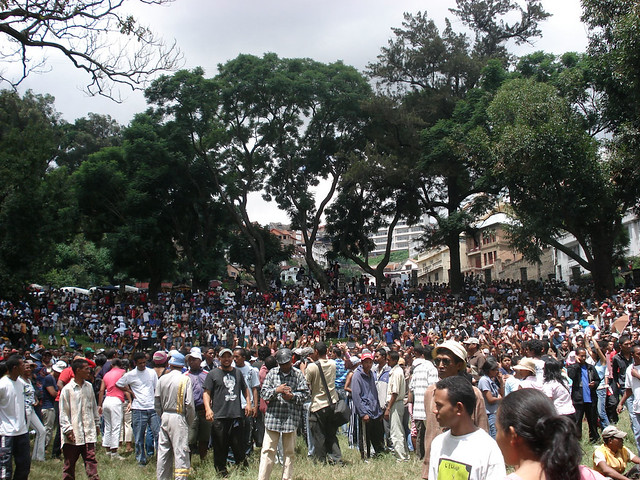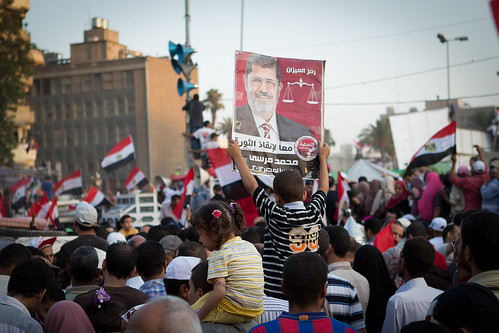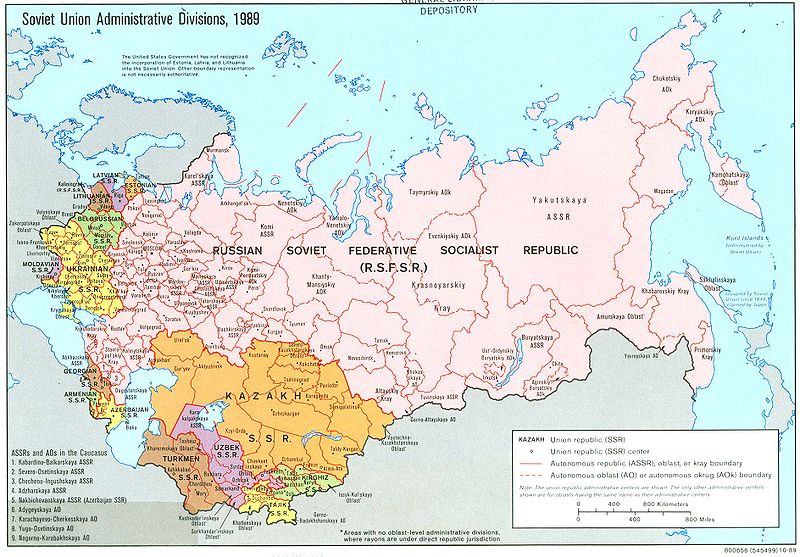
Isolated for around 80 million years, the island of Madagascar is home to hundreds of animals and plants that exist nowhere else in the world. A biodiversity hotspot of exotic fauna and flora, the Indian Ocean island is often likened to paradise. Yet Madagascar continues to be rocked severe economic and political crises – problems that remain largely unnoticed by Western audiences.
Ever since the 2009 ouster of its democratically elected president Marc Ravalomanana, Madagascar has been paralyzed by a political stalemate that has brought the already impoverished island of 20 million people to the brink of economic collapse. Although progress made in recent reconciliation talks has led to Western donors to gradually resume development aid, the road back to democracy promises to be a rocky one.
The political upheavals began after dissident army officers took power in what was regarded by the international community as a coup d’état. Officially, President Ravalomanana stepped down following violent street protests led by opposition leader Andry Rajoelina – a self-made dairy tycoon – and handed power to the military which in turn transferred its authority to Rajoelina. This prompted Rajoelina to declare himself as president of the “High Transitional Authority” (HAT) and consolidate a tight grip on the country’s politics. Ravalomanana, by contrast, fled into self-imposed exile in South Africa and was prevented twice from returning to Madagascar where he was sentenced in absentia to life imprisonment for allegedly ordering the killing of protestors.


